Home>Home Maintenance>What Does A Home Inspection Cover
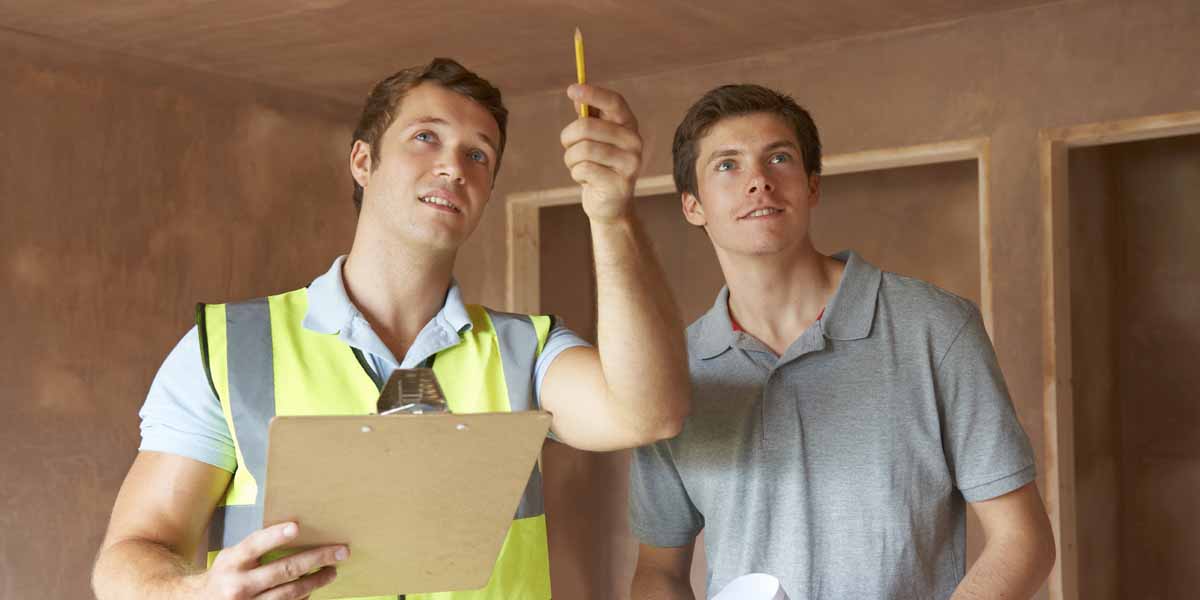

Home Maintenance
What Does A Home Inspection Cover
Modified: March 6, 2024
Discover what a home inspection covers and why it's essential for proper home maintenance. Trust our experts to assess every aspect of your property and ensure its safety and functionality.
(Many of the links in this article redirect to a specific reviewed product. Your purchase of these products through affiliate links helps to generate commission for Storables.com, at no extra cost. Learn more)
Introduction
Welcome to the world of home inspections! Whether you are a homeowner, a prospective buyer, or simply curious about the inner workings of a house, understanding the importance of a thorough home inspection is essential. A home inspection is a comprehensive evaluation of a property’s condition, usually conducted by a professional inspector. It involves a detailed examination of various aspects of the home, including its structure, systems, and components.
So, why are home inspections so important? They provide valuable insight into the overall condition of a property, helping homeowners identify potential issues, prioritize repairs or maintenance, and make informed decisions when buying or selling a home. By uncovering hidden problems or safety hazards, home inspections can save you time, money, and stress in the long run.
In this article, we will explore the various components typically covered in a home inspection, giving you a comprehensive understanding of what to expect during this process. Let’s dive in!
Key Takeaways:
- Home inspections are like check-ups for houses, helping homeowners and buyers find hidden problems, prioritize repairs, and make informed decisions. They’re like a safety net for your home’s health!
- Inspectors look at everything from the roof to the plumbing to make sure your home is safe and comfy. It’s like a detective mission to uncover any sneaky issues and keep your home in top shape!
Importance of Home Inspections
Home inspections play a crucial role in ensuring the safety, functionality, and value of a property. For homebuyers, a thorough inspection can help identify any underlying issues that may not be immediately evident. This allows potential buyers to make an informed decision before investing their hard-earned money.
One of the primary benefits of a home inspection is its ability to uncover hidden problems. While a house may appear flawless on the surface, there could be underlying issues that only a trained professional can detect. These can range from structural defects, such as foundation cracks or roof leaks, to hidden dangers like mold, pest infestations, or faulty electrical wiring. Identifying these issues early on can prevent them from becoming costly problems down the road.
Furthermore, home inspections can help homeowners prioritize necessary repairs and maintenance. By highlighting areas that require immediate attention, inspections allow homeowners to allocate their resources effectively. This proactive approach can save homeowners from expensive emergency repairs and potential safety hazards.
Home inspections also provide an opportunity for education. A skilled inspector can explain the inner workings of a property to homeowners, helping them understand how to properly maintain and care for their home. This knowledge empowers homeowners to take preventive measures and address minor issues before they escalate into major problems.
Moreover, a comprehensive inspection report can be a valuable negotiating tool for buyers. If the inspection reveals significant defects or safety concerns, buyers can request repairs or negotiate a lower price to accommodate the cost of necessary fixes. In some cases, buyers may even decide to walk away from a deal altogether if the inspection uncovers issues that they are unwilling to address.
For sellers, conducting a pre-listing inspection can be advantageous. Addressing any potential issues before putting the house on the market can increase the chances of a smooth and successful sale. It allows sellers to make necessary repairs or disclose any known problems upfront, building trust with potential buyers and potentially reducing the likelihood of price negotiations or deal cancellations.
In summary, home inspections provide invaluable peace of mind and protection for both buyers and sellers. They help uncover hidden defects, prioritize necessary repairs, and educate homeowners on how to maintain their property. So whether you’re in the market for a new home or simply want to ensure the health and longevity of your current residence, a professional home inspection is well worth the investment.
Exterior Inspection
During a home inspection, the exterior of the house is carefully examined to assess its overall condition and identify any potential issues. This inspection includes a thorough examination of the roof, gutters, siding, windows, doors, and the overall foundation of the property.
The roof is one of the most critical components of a home’s exterior. The inspector will inspect the roof for any signs of damage, such as missing or loose shingles, sagging areas, or leaks. They will also assess the condition of chimney flues, vents, and skylights, ensuring they are properly sealed and in good working order.
The condition of the gutters and downspouts is another important aspect of the exterior inspection. The inspector will check for clogs, damage, or improper installation that could lead to water damage or drainage issues. They will also examine the grading around the foundation to ensure water is properly directed away from the house.
The siding and exterior walls will be inspected for signs of damage, such as cracks, rot, or pest infestations. The inspector will also assess the condition of any exterior trim, including fascia boards, soffits, and window trims. Proper sealing and weatherproofing will be evaluated to ensure the integrity of the home’s exterior.
Windows and doors are examined for proper operation, seals, and insulation. The inspector will check for any broken or damaged glass, loose frames, or faulty locks. They will also assess the condition of weather stripping to ensure energy efficiency and to prevent drafts.
Finally, the foundation of the property will be inspected for any cracks, shifting, or signs of water damage. The inspector will assess the stability and structural integrity of the foundation, looking for any indications of settlement or movement that could lead to structural issues.
Overall, the exterior inspection is crucial to identify any potential issues that may affect the durability, functionality, and safety of the home. By thoroughly evaluating the roof, gutters, siding, windows, doors, and foundation, the inspector can provide an accurate assessment of the condition of the property’s exterior.
Roofing Inspection
One of the key components of a home inspection is the evaluation of the roof. A thorough roofing inspection is crucial to identify any existing or potential issues that could compromise the integrity of the structure and lead to costly repairs.
During the roofing inspection, the inspector will typically evaluate the following aspects:
- Roofing materials: The inspector will examine the type and condition of the roofing materials used. This could include asphalt shingles, metal panels, clay tiles, or other materials. They will check for signs of wear, cracks, bald spots, or missing pieces that could leave the roof vulnerable to water damage.
- Roof slope and drainage: The slope of the roof is assessed to ensure proper water drainage. The inspector will check for any low spots or areas where water may pool, as this can lead to leaks and structural issues over time.
- Flashings: Flashings are metal strips installed at vulnerable areas of the roof, such as junctures with chimneys, vents, and skylights. The inspector will inspect the flashings for signs of damage or deterioration, as these are common areas for leaks to occur.
- Gutters and downspouts: The inspector will evaluate the condition of the gutters and downspouts, ensuring they are clear of debris and properly directing water away from the roof and foundation. They will also check for any damage or improper installation.
- Ventilation: Adequate ventilation is essential for a healthy roof and home. The inspector will assess the ventilation system, including ridge vents, soffit vents, and exhaust fans, to ensure proper airflow and prevent moisture buildup that can lead to mold and rot.
- Roof penetrations: Any roof penetrations, such as plumbing vents, chimneys, and skylights, will be thoroughly inspected for leaks or signs of water damage. The integrity of the seals and flashing around these penetrations will be assessed.
- Attic inspection: In some cases, the inspector may access the attic space to evaluate the underside of the roof for any signs of leakage, insulation issues, or structural problems.
By conducting a detailed roofing inspection, the home inspector can inform homeowners and potential buyers about the condition of the roof and any necessary repairs or maintenance. This assessment helps ensure the longevity and performance of the roof, protecting the property from water damage, mold, and other issues associated with a compromised roofing system.
Interior Inspection
As part of a comprehensive home inspection, the interior of the house is thoroughly examined to assess its overall condition, functionality, and safety. The interior inspection includes an evaluation of various components and systems within the home, providing valuable insights for homeowners and potential buyers.
Here are some key areas that are typically covered during the interior inspection:
- Walls and ceilings: The inspector will assess the condition of the walls and ceilings for any signs of water damage, cracks, or structural issues. They will also check for proper insulation and signs of mold or mildew.
- Floors: The flooring in each room will be evaluated for any visible damage, such as stains, cracks, or uneven surfaces. The inspector may also check for signs of water damage or structural integrity issues.
- Doors and windows: The inspector will examine the doors and windows to ensure they are functioning correctly and properly sealed. They will check for any broken or damaged glass, loose hinges, or faulty locks.
- Staircases and railings: If the property has staircases, the inspector will assess their condition, looking for loose steps, unstable railings, or any safety hazards.
- Plumbing fixtures: The inspector will inspect the sinks, toilets, showers, and tubs to check for proper functionality and signs of leaks or water damage. They may also assess water pressure and drainage.
- Electrical systems: The electrical outlets, switches, and fixtures will be checked for functionality and safety. The inspector may also assess the electrical panel to ensure it is properly labeled and in compliance with current codes.
- Heating and cooling systems: The inspector will evaluate the HVAC system, including the furnace, air conditioner, heat pump, or other heating and cooling units. They will check for proper operation, maintenance, and potential safety hazards.
- Fireplaces and chimneys: If the property has a fireplace or chimney, the inspector will assess their condition, looking for signs of damage, deterioration, or ventilation issues.
During the interior inspection, the inspector will also keep an eye out for general safety concerns, such as loose or exposed wiring, trip hazards, or inadequate smoke detectors. They may provide recommendations for addressing any identified issues to ensure the safety and comfort of the occupants.
By thoroughly evaluating the interior components and systems of a home, the inspector can provide valuable insights into the condition and functionality of the property. This information allows homeowners and potential buyers to make informed decisions regarding maintenance, repairs, and safety measures for the interior of the house.
Read more: Home Repair Guard: What Is Covered
Plumbing Inspection
The plumbing system is a vital component of any home, and a thorough plumbing inspection is essential to ensure its proper functioning and identify any potential issues. During a plumbing inspection, a professional inspector will evaluate various aspects of the plumbing system to assess its condition and identify any leaks, blockages, or other problems that may require attention.
Here are some key areas that are typically covered during a plumbing inspection:
- Water supply lines: The inspector will examine the water supply lines throughout the house to check for leaks, corrosion, or signs of damage. They will also verify the presence of shut-off valves and ensure their proper operation.
- Fixtures and faucets: All fixtures, such as sinks, toilets, showers, and tubs, will be evaluated for proper functionality and signs of leaks. The inspector will also check the condition of faucets, including any drips or loose handles.
- Drainage system: The inspector will assess the drainage system to ensure proper flow and identify any blockages or clogs. They may use cameras or other tools to inspect the main sewer line for any issues.
- Water heaters: If the property has a water heater, the inspector will check its condition, operation, and safety features. They will examine the tank, connections, and venting to ensure proper installation and functionality.
- Sump pump: If applicable, the inspector will assess the sump pump and its operation. They will check for any signs of damage, proper discharge, and backup systems if present.
- Water pressure: The water pressure in the house will be measured to ensure it falls within the acceptable range. Low or excessively high water pressure can indicate underlying issues that may require further investigation.
- Water quality: While not always included in a standard inspection, water quality testing may be recommended to check for contaminants, such as bacteria, lead, or other harmful substances.
Additionally, the inspector may provide recommendations for maintenance or repairs based on their findings. This could include suggestions on upgrading old or inefficient fixtures, insulating pipes to prevent freezing, or addressing any identified leaks or plumbing code violations.
A thorough plumbing inspection helps homeowners and potential buyers understand the overall condition of the plumbing system and address any concerns promptly. By identifying and addressing potential issues early on, homeowners can prevent water damage, promote water efficiency, and maintain a reliable and safe plumbing system.
When getting a home inspection, make sure it covers the structure, electrical, plumbing, HVAC, and any potential safety hazards. It’s important to also ask about additional services such as radon or mold testing.
Electrical Inspection
An electrical inspection is a critical part of a comprehensive home inspection. It aims to evaluate the safety, functionality, and compliance of the electrical systems within a property. A thorough electrical inspection is crucial to identify any potential electrical hazards, wiring issues, or outdated components that may pose a risk to the occupants or the property.
During an electrical inspection, a certified inspector will typically assess the following aspects:
- Electrical panels: The inspector will evaluate the electrical panels to ensure they are properly installed, grounded, and in compliance with current electrical codes. They will check for any signs of overheating, corrosion, or outdated components.
- Wiring and circuits: The inspector will examine the wiring throughout the property to verify its condition and integrity. They will check for any exposed wiring, loose connections, or outdated materials, which can increase the risk of electrical fires or electrocution.
- Outlets and switches: All outlets and switches will be inspected for proper installation, functionality, and grounding. The inspector will test the outlets for any signs of faults, such as reversed polarity or open grounds.
- Light fixtures: The inspector will assess the condition of light fixtures, including the bulbs, wiring, and mountings. They will check for any hazards, such as exposed wires or loose connections.
- Ground fault circuit interrupters (GFCIs) and arc fault circuit interrupters (AFCIs): The presence and functionality of GFCIs and AFCIs will be checked throughout the property, as these devices are crucial for protecting against electrical shocks and fires.
- Smoke detectors and carbon monoxide detectors: The inspector will verify the presence and functionality of smoke detectors and carbon monoxide detectors, ensuring they are properly installed and working correctly to provide early warning in case of emergencies.
- Exterior electrical systems: If applicable, the inspector will also evaluate any exterior electrical systems, such as outdoor lighting, pool or spa wiring, or electrical installations in sheds or garages.
Based on their findings, the inspector may provide recommendations for electrical upgrades or repairs, especially if they identify any safety hazards or code violations. It is crucial to address any electrical issues promptly to ensure the safety of the property and its occupants.
Remember, electrical work should typically be performed by a qualified electrician. If any significant issues are identified during the inspection, it is recommended to consult with a licensed professional to address them properly.
By conducting a thorough electrical inspection, homeowners and potential buyers can gain valuable insights into the safety and functionality of the electrical systems within a property. This helps ensure peace of mind and promotes a secure living environment for everyone involved.
Heating and Cooling Systems Inspection
The heating and cooling systems of a home play a crucial role in ensuring comfort and maintaining indoor air quality. During a comprehensive home inspection, the inspector will evaluate these systems to assess their condition, efficiency, and safety.
The heating and cooling systems inspection typically involves the following:
- Furnace/Boiler: The inspector will evaluate the condition and functionality of the furnace or boiler. They will check for any signs of damage, corrosion, or leaks. They will also examine the burners, heat exchangers, filters, and thermostat to ensure they are functioning properly.
- Air Conditioning System: The inspector will assess the air conditioning system to determine its condition, efficiency, and cooling ability. They will evaluate the outdoor condensing unit, evaporator coils, and refrigerant lines. They will also check the air filters and thermostat for proper operation.
- Ductwork: The inspector will examine the ductwork for any leaks, blockages, or signs of damage. Properly sealed and insulated ducts are crucial for efficient heating and cooling.
- Ventilation: The inspector will assess the ventilation system to ensure proper airflow. They will check the functioning of exhaust fans in bathrooms, kitchens, and laundry areas. Adequate ventilation is crucial for maintaining air quality and preventing moisture issues.
- Heat Pumps: If the property has a heat pump system, the inspector will evaluate its condition, efficiency, and heating/cooling performance.
- Thermostats and Controls: The inspector will check the thermostats and controls to ensure they are functioning correctly. They will verify proper temperature control and programmable features.
- Combustion Appliances: The inspector may assess other combustion appliances, such as gas fireplaces, wood-burning stoves, or pellet stoves, to ensure they are properly vented and in good working condition.
During the inspection, the inspector may measure and compare temperature differentials, assess airflow, and evaluate energy efficiency. They may also recommend routine maintenance tasks, such as changing air filters or scheduling professional servicing to optimize performance and extend the lifespan of the systems.
If any significant issues or safety concerns are uncovered during the inspection, the inspector may recommend repairs, upgrades, or further evaluation by a licensed HVAC technician. Proper functioning and maintenance of heating and cooling systems are essential for comfort, energy efficiency, and indoor air quality.
By having the heating and cooling systems inspected, homeowners and potential buyers can gain valuable insights into the condition and performance of these important systems. This knowledge enables them to make informed decisions regarding maintenance, repairs, or potential upgrades to ensure a comfortable and efficient living environment.
Structural Inspection
A structural inspection is a crucial part of a comprehensive home inspection. It involves an evaluation of the integrity, stability, and safety of the property’s structure, including the foundation, walls, floors, and roof.
During a structural inspection, the inspector will typically focus on the following areas:
- Foundation: The foundation is the backbone of a building, and the inspector will thoroughly examine it for any signs of cracks, settlement, or water damage. They will check for proper drainage around the foundation and assess the overall stability of the structure.
- Walls and Framing: The inspector will evaluate the walls and framing for any signs of damage, such as cracks, bowing, or shifting. They will look for indications of water infiltration or structural weakness that may compromise the integrity of the building.
- Floors and Ceilings: The inspector will assess the condition of the floors and ceilings for any indications of sagging, unevenness, or other structural concerns. They will also check for signs of water damage or rot that may affect the stability of these components.
- Roof Structure: The roof structure will be inspected for any signs of damage or deterioration. The inspector will check for proper support, warping, or sagging that could compromise the safety and functionality of the roof.
- Load-bearing Walls and Beams: Load-bearing walls and beams will be evaluated to ensure they are properly constructed and provide adequate support for the structure. Any signs of damage or improper alterations will be noted.
- Stairs and Railings: The inspector will assess the condition and stability of the stairs and railings to ensure they meet safety standards and pose no hazards.
- Exterior Structures: Any additional exterior structures, such as decks, balconies, or patios, will be inspected for structural integrity, proper support, and compliance with building codes.
It is important to note that a visual inspection is typically carried out during a home inspection. If any significant structural issues are suspected, the inspector may recommend further evaluation by a structural engineer or specialized contractor.
During the structural inspection, the inspector may take measurements, use tools to assess moisture levels, and examine visible components for signs of distress or deterioration. Any identified concerns will be documented in the inspection report, along with recommendations for repairs or further investigation.
By conducting a thorough structural inspection, homeowners and potential buyers can gain valuable insights into the condition and stability of the property. This information helps ensure the safety, durability, and resale value of the structure, providing peace of mind for all parties involved.
Read more: What Insurance Covers Home Repairs
Insulation and Ventilation Inspection
An insulation and ventilation inspection is an essential part of a comprehensive home inspection. It focuses on evaluating the insulation materials, techniques, and ventilation systems within a property. Proper insulation and ventilation are vital for energy efficiency, indoor air quality, and the overall comfort of a home.
During an insulation and ventilation inspection, the following aspects are typically assessed:
- Insulation: The inspector will evaluate the insulation in various areas of the home, including the attic, walls, floors, and crawlspace. They will assess the type and thickness of insulation present and check for proper installation. Insulation helps regulate temperature and reduce energy consumption.
- Vapor Barriers: In some regions, vapor barriers are installed to prevent moisture from penetrating the insulation. The inspector will check for the presence and condition of vapor barriers, ensuring they are properly installed and intact.
- Air Sealing: Air leaks can significantly impact energy efficiency and indoor comfort. The inspector will examine the home for any gaps, cracks, or other areas where air may escape or enter. They will assess the effectiveness of air sealing measures and recommend improvements if necessary.
- Attic Ventilation: Adequate attic ventilation is crucial for maintaining a healthy indoor environment and preventing moisture buildup. The inspector will assess the attic ventilation system, including the presence of vents, the condition of soffit vents, and the effectiveness of exhaust fans.
- Bathroom and Kitchen Ventilation: The inspector will evaluate the ventilation systems in bathrooms and kitchens. Proper ventilation helps remove excess moisture, odors, and pollutants from these areas, promoting better air quality and preventing issues like mold and mildew growth.
- Crawlspace and Basement Ventilation: If applicable, the inspector will assess the ventilation in crawlspaces and basements. Proper ventilation in these areas helps control moisture levels, reducing the risk of water damage and mold growth.
- Insulation R-Value: The inspector may assess the insulation’s R-value, which measures its thermal resistance. They will compare the R-value with local building codes and recommendations to ensure proper insulation levels for energy efficiency.
Based on their findings, the inspector may provide recommendations for improving insulation, enhancing air sealing measures, or upgrading ventilation systems. Correcting insulation and ventilation issues can lead to energy savings, improved indoor air quality, and increased comfort for homeowners.
It is important to note that insulation and ventilation requirements may vary depending on the climate and building codes of the region. It is recommended to consult with a local expert or contractor to ensure compliance with local regulations and best practices.
By conducting a thorough insulation and ventilation inspection, homeowners and potential buyers can gain valuable insights into the energy efficiency and indoor air quality of the property. This information allows them to make informed decisions regarding insulation upgrades, air sealing measures, and ventilation improvements to create a healthier, more comfortable living environment.
Conclusion
A comprehensive home inspection is a crucial step in the process of buying, selling, or maintaining a property. It provides valuable insights into the condition, functionality, and safety of various components within a home. By evaluating areas such as the exterior, roofing, plumbing, electrical systems, heating and cooling systems, structure, insulation, and ventilation, a thorough inspection can uncover hidden issues, prioritize repairs, and inform homeowners and potential buyers about the overall condition of the property.
Home inspections are essential for several reasons. They help homeowners identify potential issues early on, allowing them to address necessary repairs or maintenance promptly. For homebuyers, a thorough inspection can provide peace of mind and assist in making informed decisions. By uncovering any hidden problems or safety hazards, home inspections can save time, money, and stress in the long run.
Throughout the inspection process, it’s important to work with a qualified and experienced inspector who possesses a deep understanding of home maintenance and construction. This ensures that the inspection is carried out accurately and comprehensively, providing an accurate assessment of the property’s condition.
While the primary goal of a home inspection is to identify existing problems and potential concerns, it is important to note that no home is perfect. Even well-maintained properties can have minor issues that arise during an inspection. The key is to focus on the significance and severity of any findings and consult with professionals for further advice or evaluation as necessary.
Ultimately, a home inspection is an investment in peace of mind and protection. It empowers homeowners and potential buyers with the knowledge they need to make informed decisions, prioritize repairs, and maintain a safe and comfortable living environment. Whether you are buying, selling, or simply ensuring the long-term health of your home, a thorough and comprehensive home inspection is a valuable tool in your home maintenance arsenal.
Frequently Asked Questions about What Does A Home Inspection Cover
Was this page helpful?
At Storables.com, we guarantee accurate and reliable information. Our content, validated by Expert Board Contributors, is crafted following stringent Editorial Policies. We're committed to providing you with well-researched, expert-backed insights for all your informational needs.
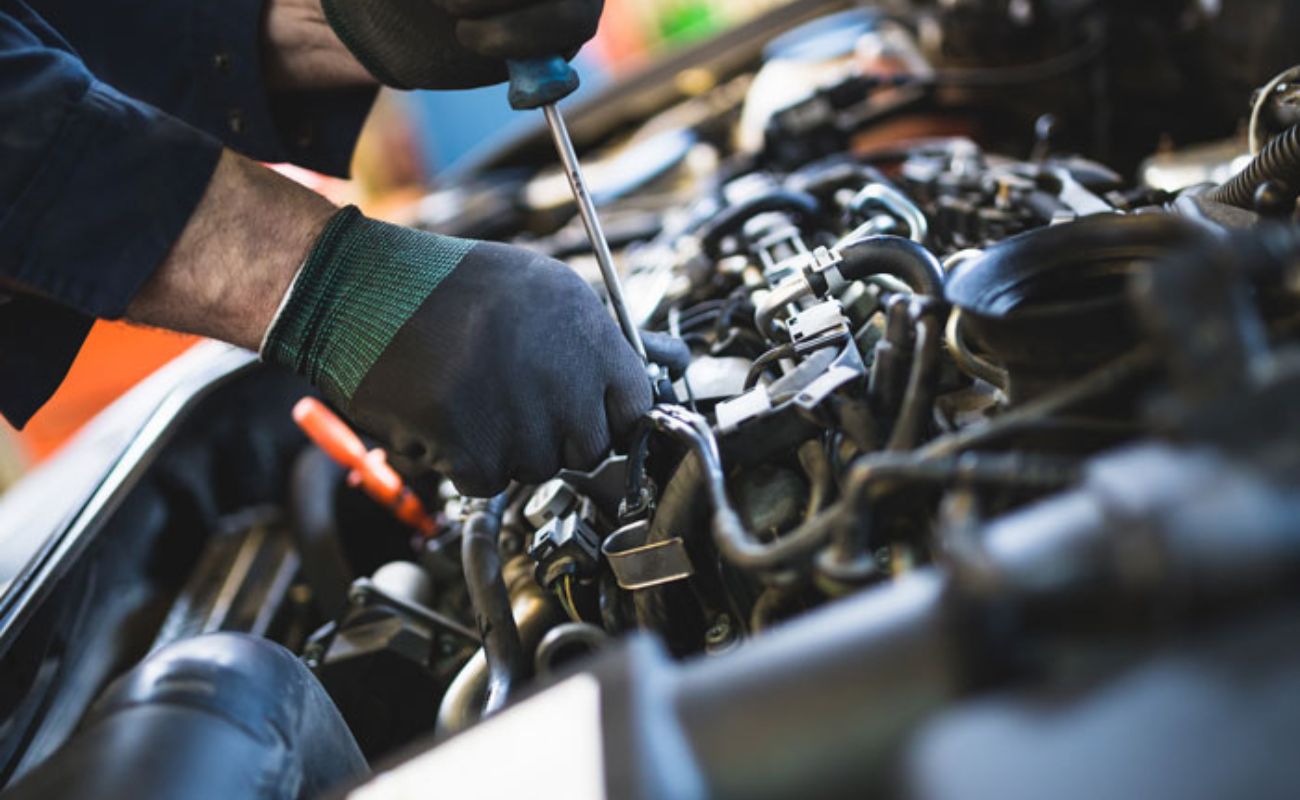
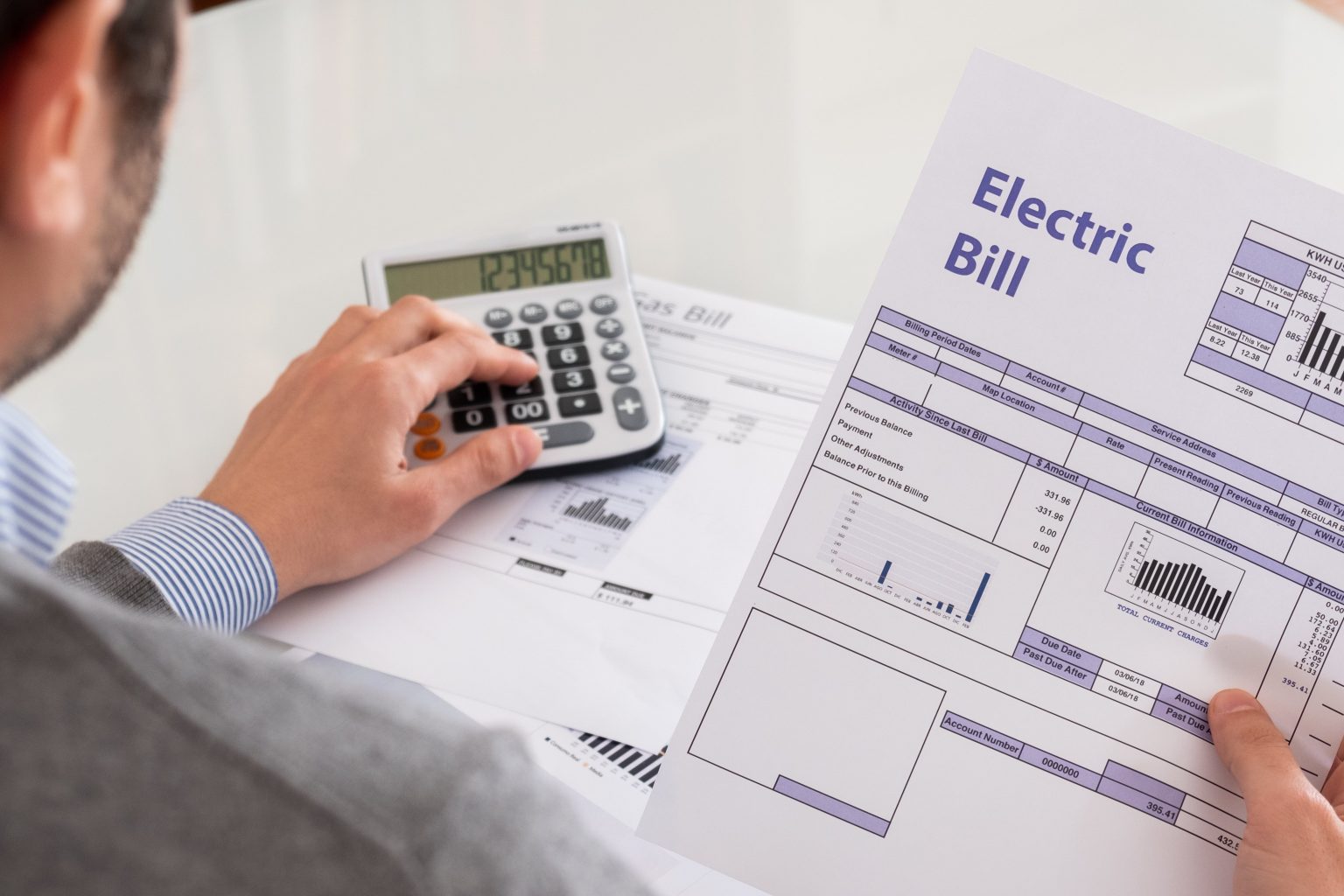
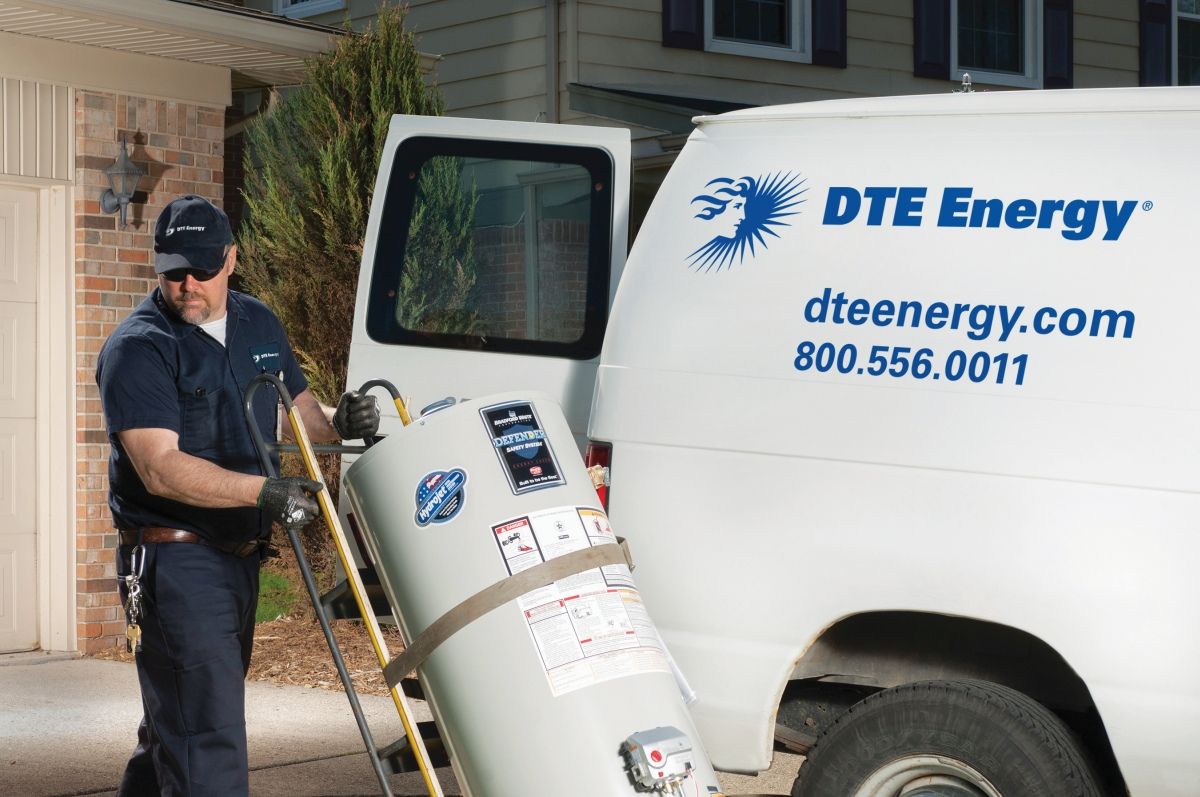
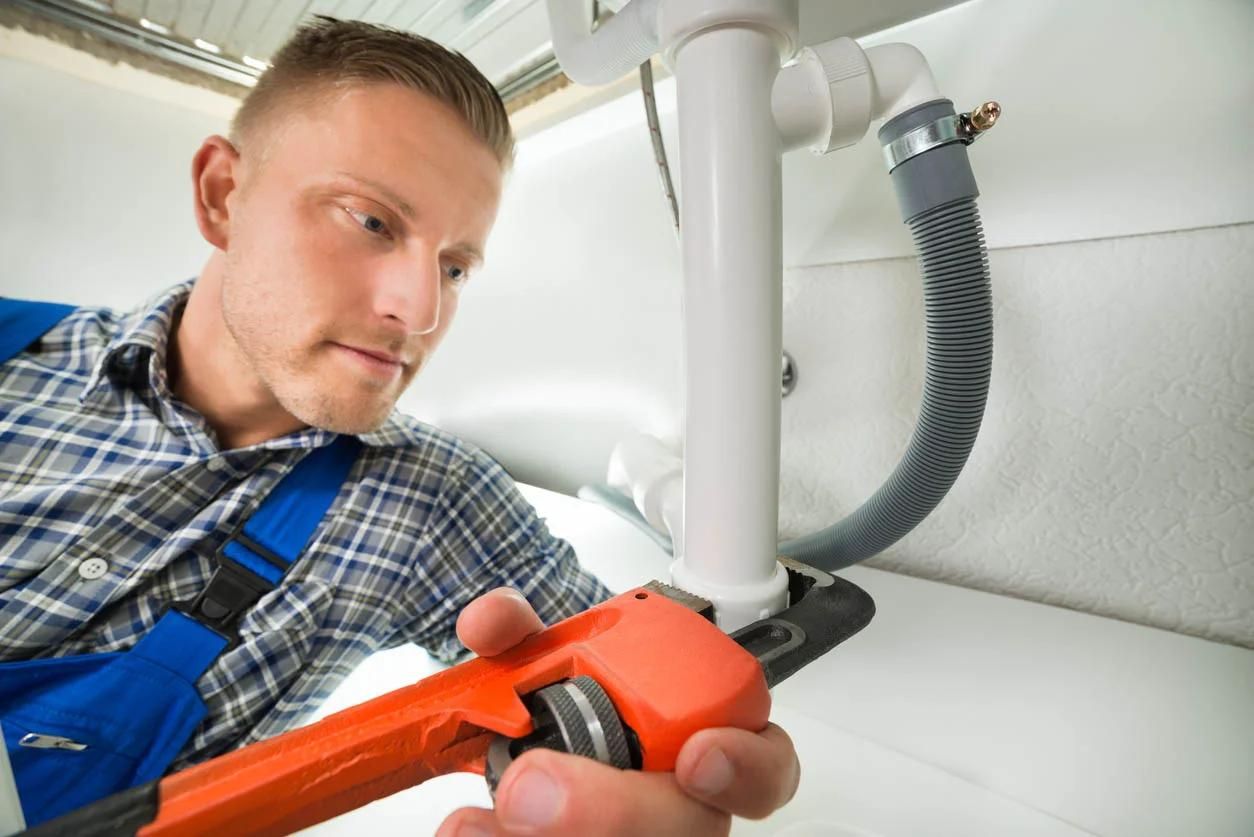
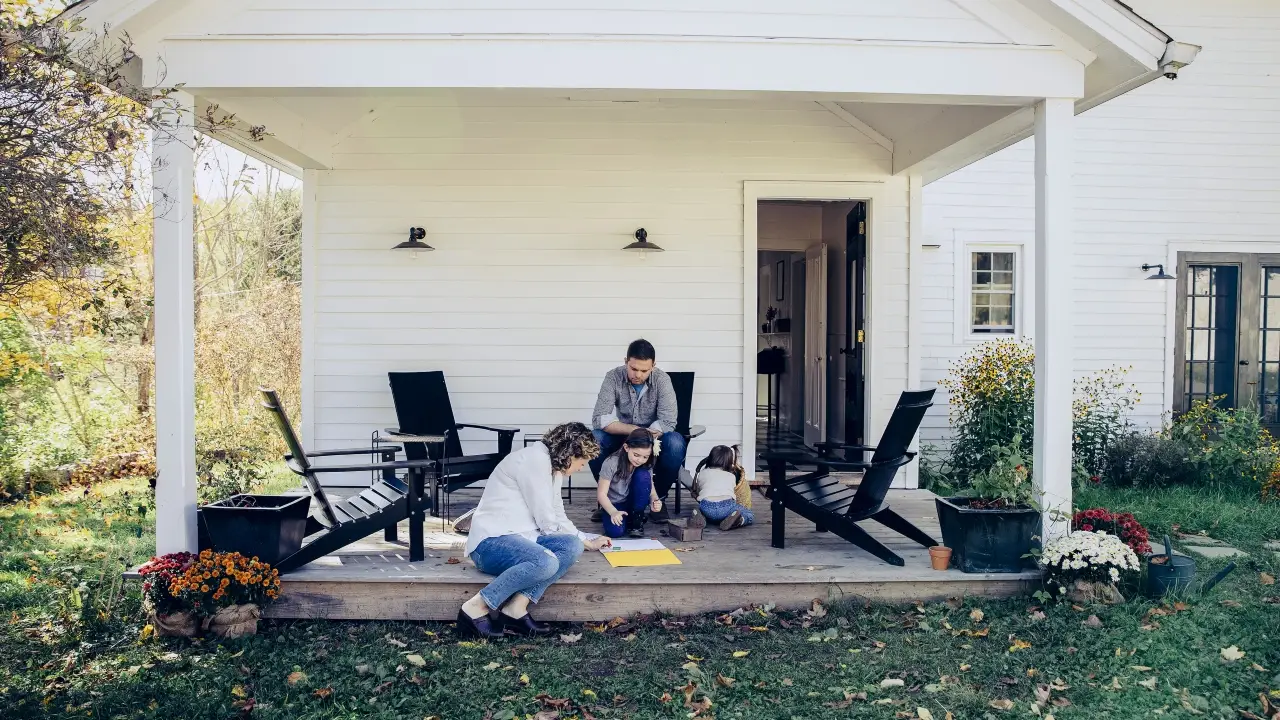
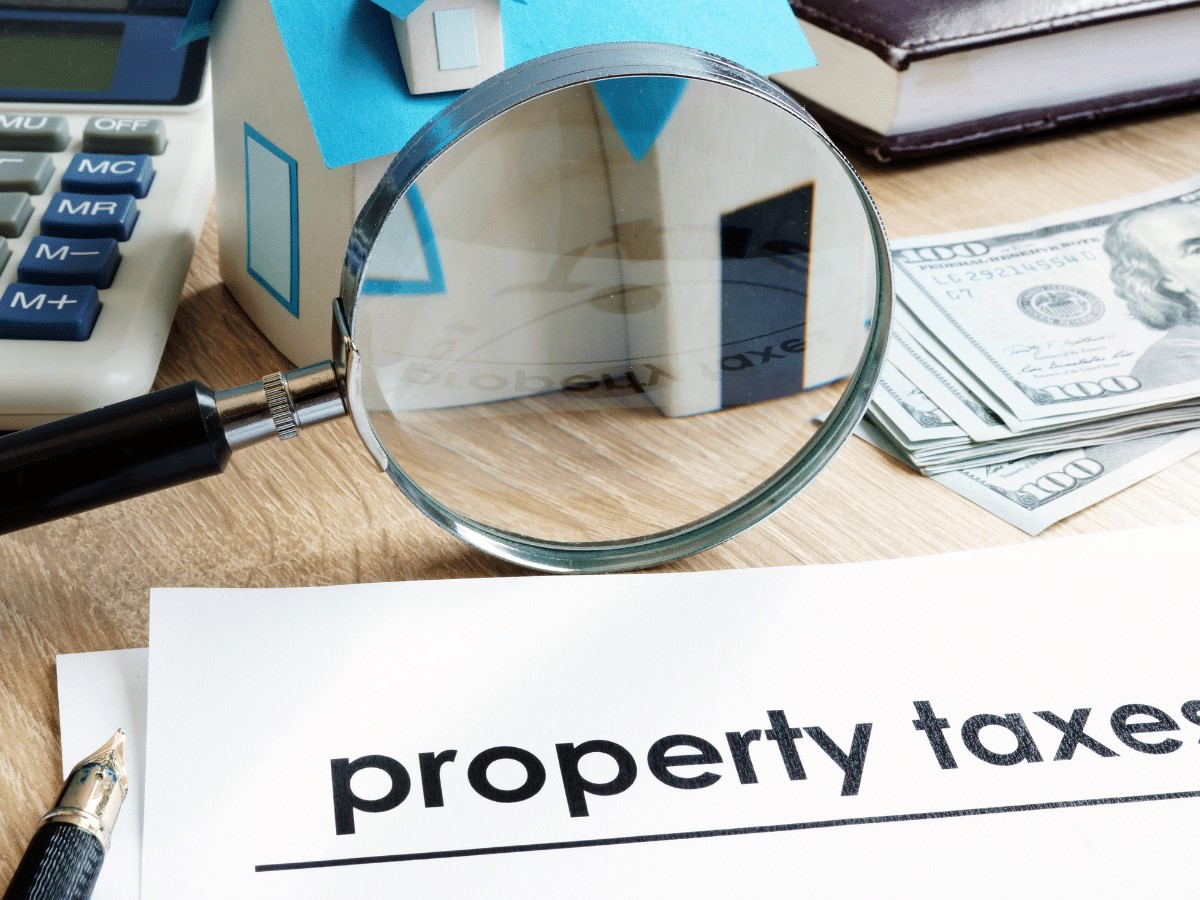
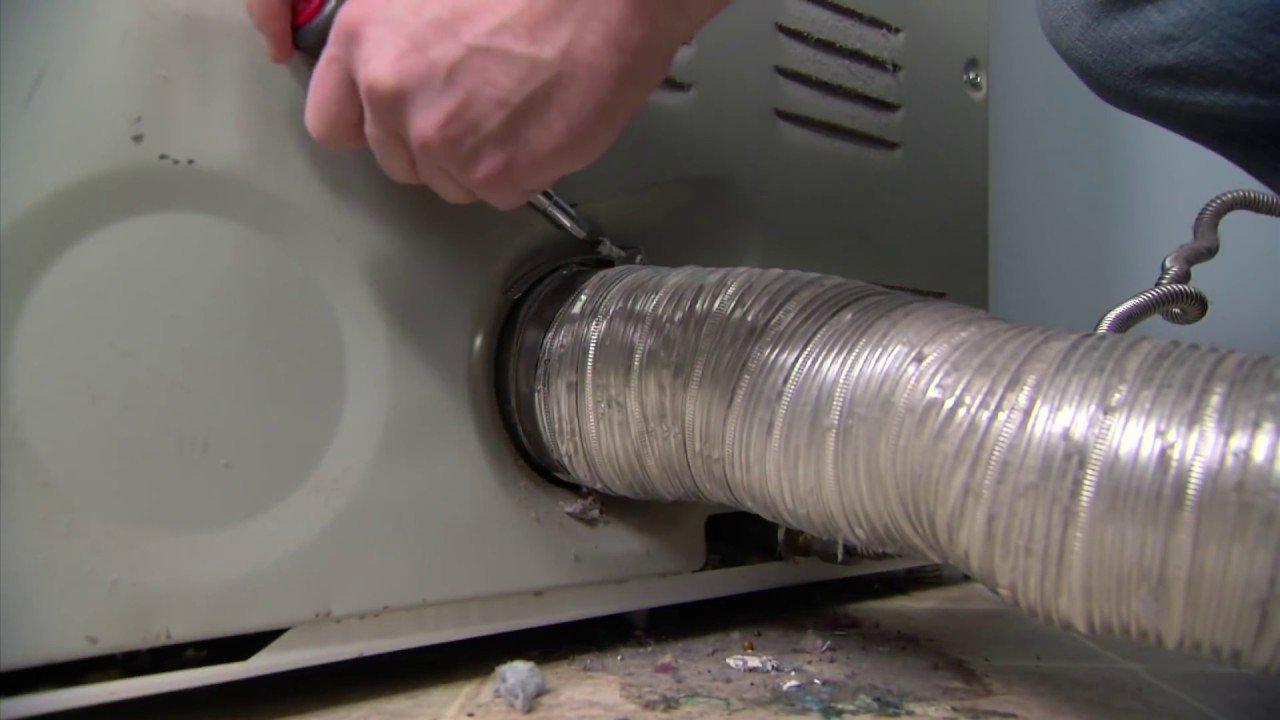
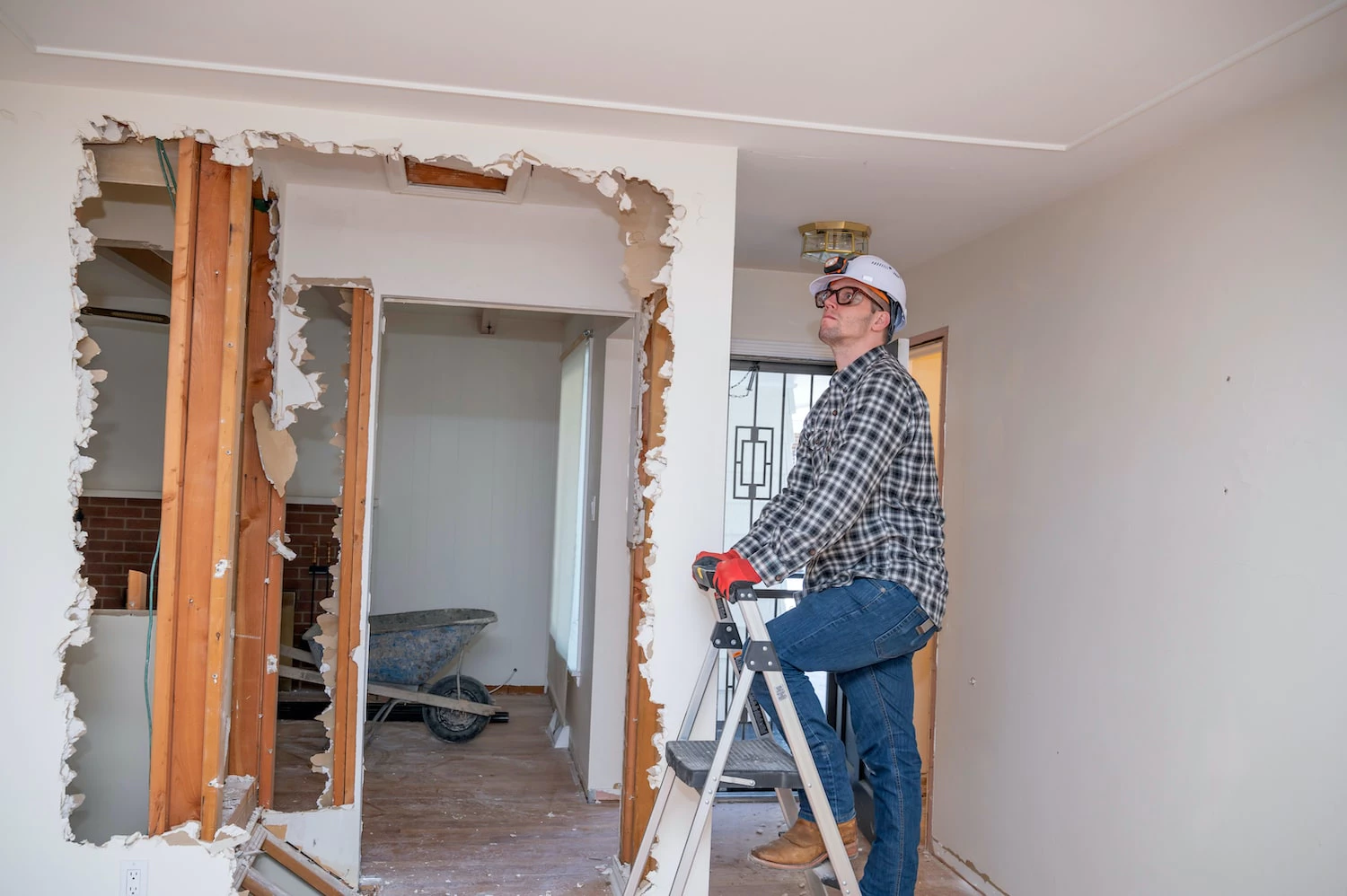

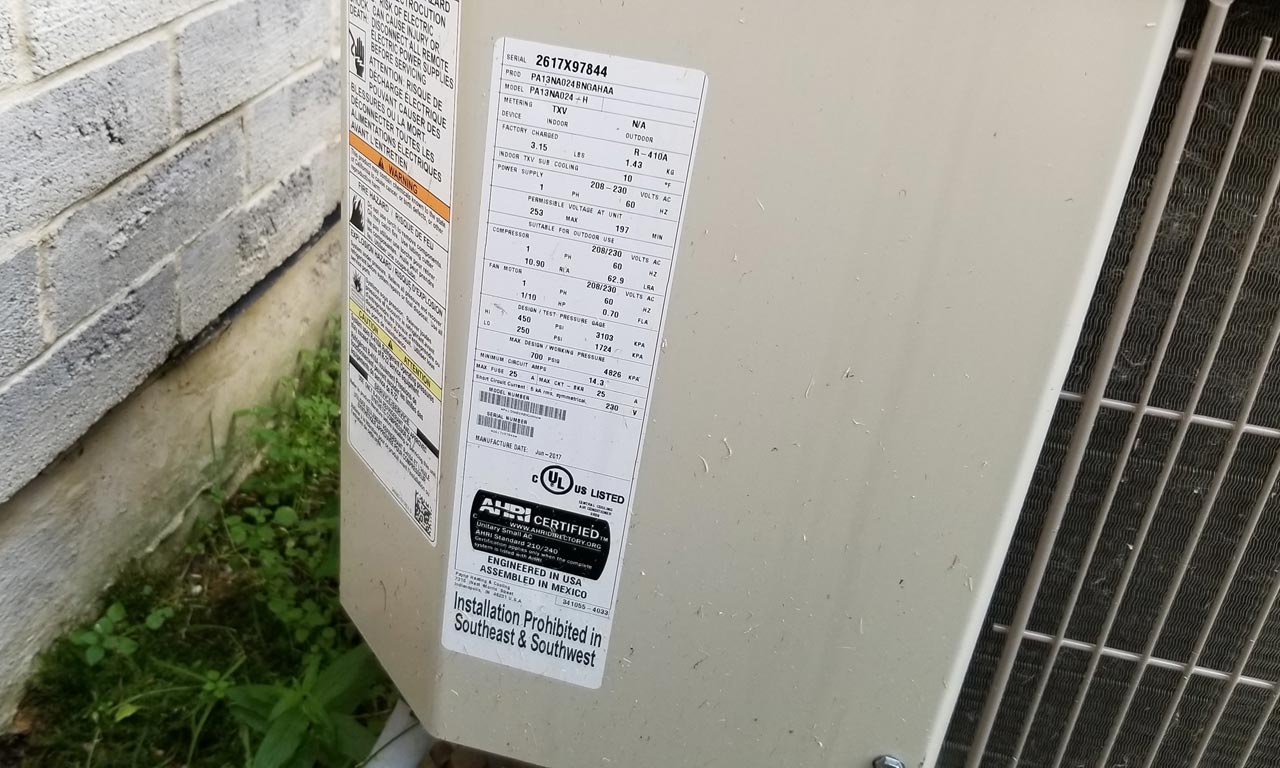
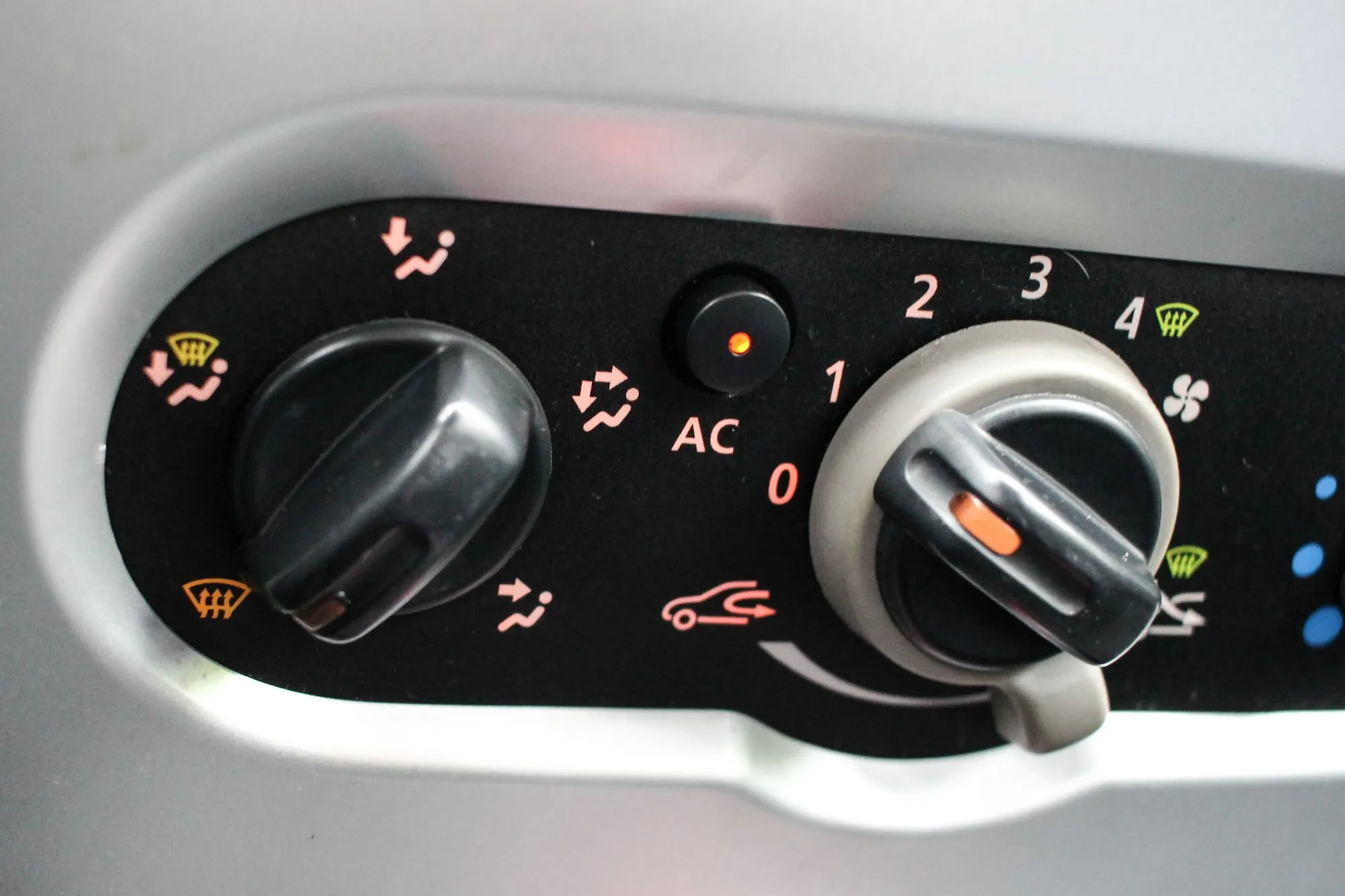
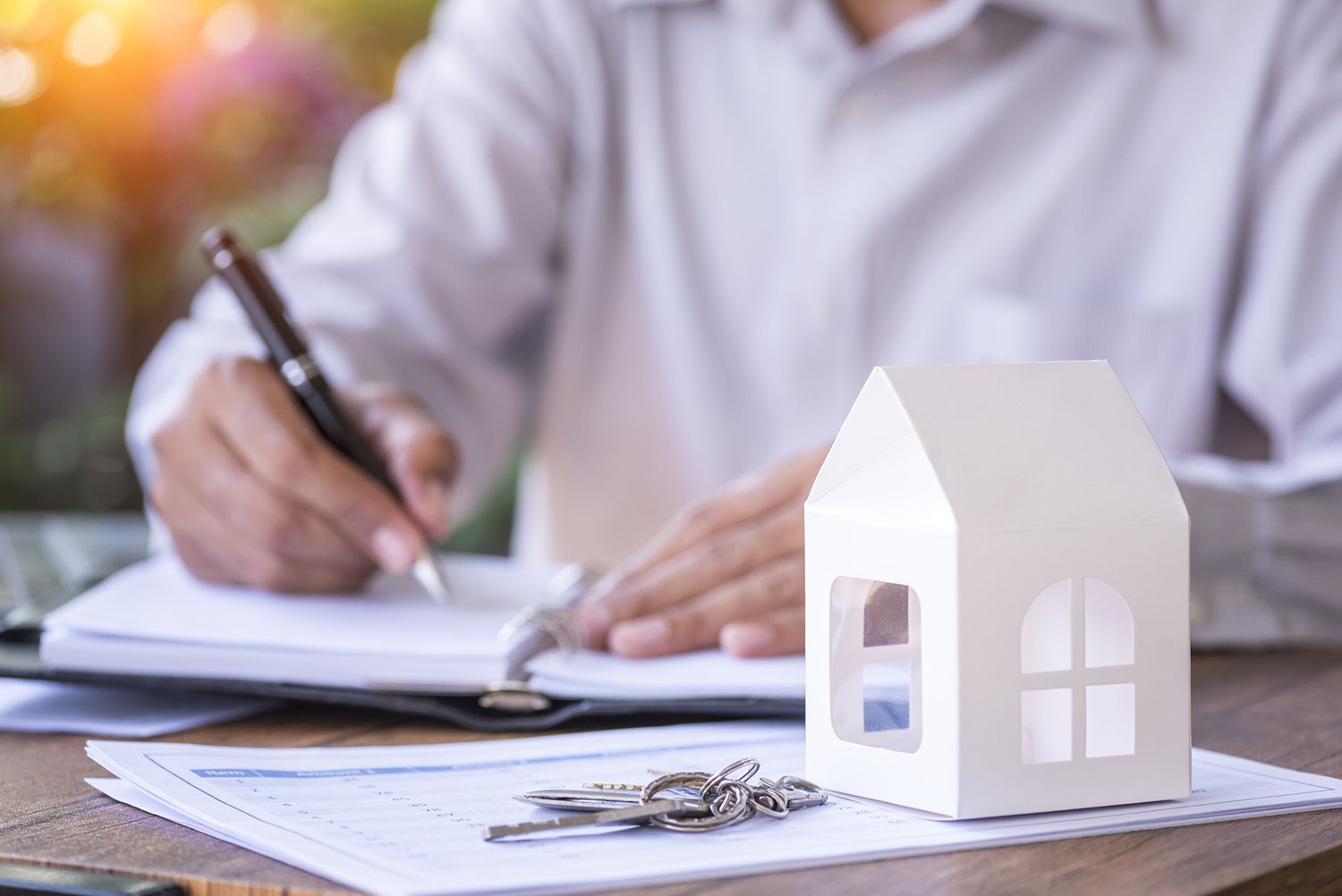
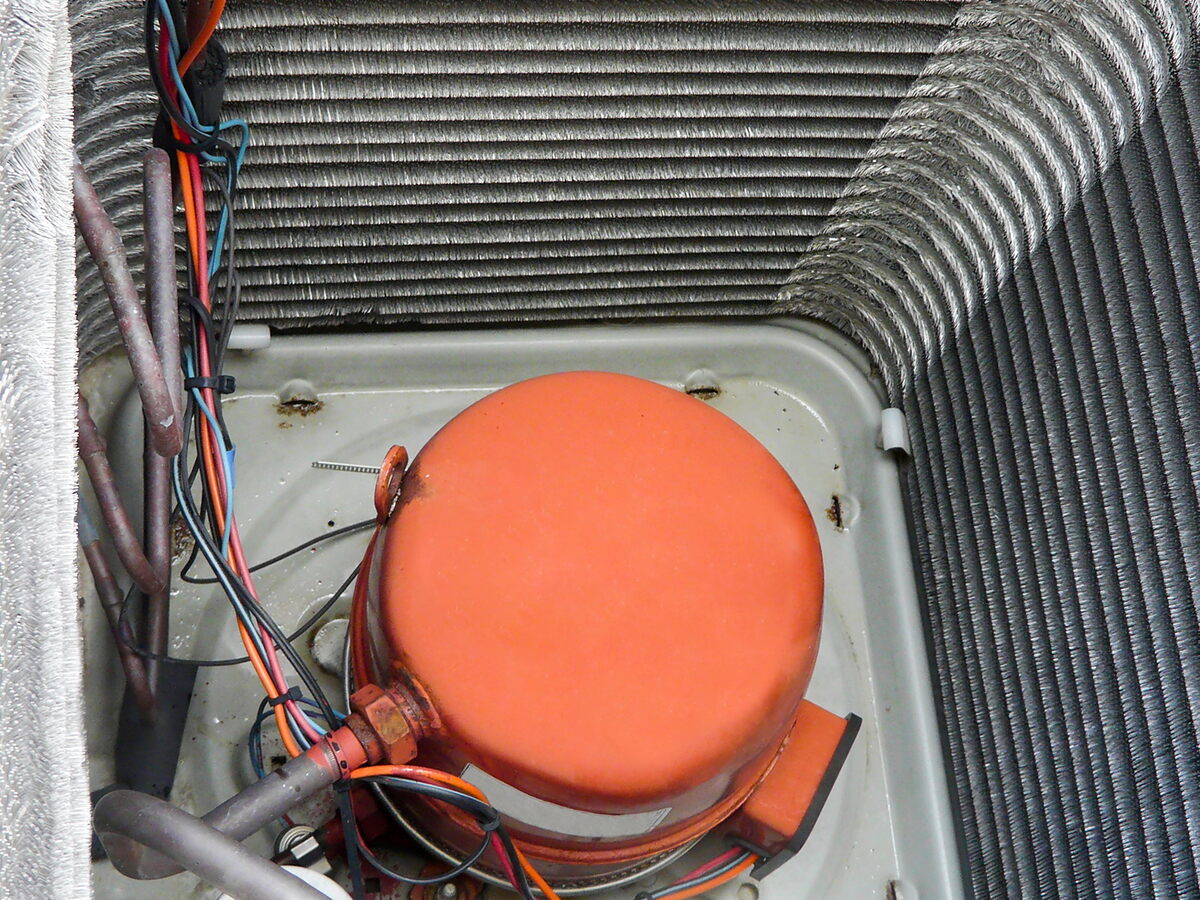

0 thoughts on “What Does A Home Inspection Cover”